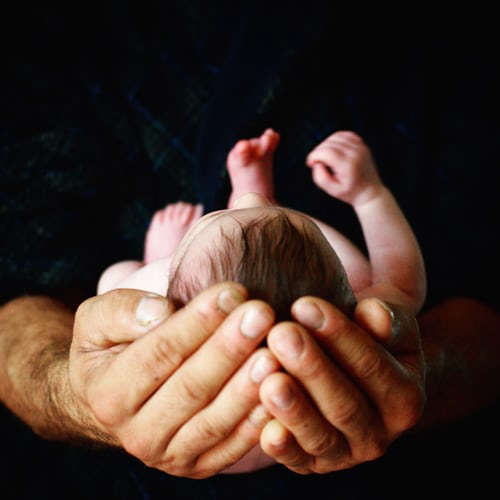
A district court judge issued a Temporary Restraining Order blocking Texas S.B. 8 abortion law on Wednesday.
(FOX News) - District Court Judge Robert Pittman, of Western District of Texas, Austin Division, wrote a 113 page ruling and found favor of the U.S. Department of Justice, which had sought the order to block the law from going into effect.
The Texas law, signed by Republican Gov. Greg Abbott in May, prohibits abortions once medical professionals can detect cardiac activity, usually around six weeks . Rather than having the state enforce the ban, the law creates a private right of action against individuals who commit or aid and abet an abortion that violates the law – but not against the woman who undergoes the procedure.
The Fifth Circuit Court of Appeals had rejected requests for a stay when abortion providers sought to prevent the law from going into effect until the resolution of a court dispute. The plaintiffs appealed to the Supreme Court, but the Supreme Court allowed the law to go into effect. The Department of Justice under President Biden then filed a motion to block the law, and Pittman ruled on that motion.
Judge Pittman ruled that Texas had violated the precedents under Roe v. Wade, the 1973 ruling that upholds a right to abortion, and ordered the state not to enforce the law.
The judge added that the injunction prevents intervenors, who expressed their intention to sue people who aid or abet abortions that violate S.B. 8, from engaging in lawsuits.
Texas Right To Life released this statement:
Pro-Life attorneys are expected to appeal the decision to the Fifth Circuit Court of Appeals immediately, in which we expect a fair hearing.
Until a higher court intervenes, the disappointing reality is that Pitman’s ruling will likely stop the Texas Heartbeat Act from being enforced.
Judge Pitman showed the extreme prejudice motivating his decision today, writing:
“From the moment S.B. 8 went into effect, women have been unlawfully prevented from exercising control over their lives in ways that are protected by the Constitution. That other courts may find a way to avoid this conclusion is theirs to decide; this Court will not sanction one more day of this offensive deprivation of such an important right.”
However, even with this ruling, abortionists can still be held liable for any abortions they commit in violation of the law.
The Texas Heartbeat Act states that an individual being sued under the law cannot claim as an affirmative defense that they were acting under the protection of a court order that had since been reversed or overturned:
“Notwithstanding any other law, the following [is]not a defense to an action brought under this section… a defendant’s reliance on any court decision that has been overruled on appeal or by a subsequent court, even if that court decision had not been overruled when the defendant engaged in conduct that violates this subchapter;” (Section 171.208(e)(3), Texas Health and Safety Code)
Thus, those who aid or abet abortions, even if currently permitted by this ruling, could eventually be sued for their actions today.
Texas Right to Life is dedicated to holding the abortion industry accountable to the fullest extent possible under the law. We are confident that the Texas Heartbeat Act will ultimately withstand this legal challenge and succeed where other states’ heartbeat bills have not.
Texas must continue pushing for strong Pro-Life laws that directly challenge the faulty foundation upon which Roe v. Wade was decided and save preborn lives from the violence of abortion.
Meanwhile many pro-lifers are spending time in prayer outside facilities that perform abortions during the 40 Days For Life, through the end of October.

 02/19/26 - Cornerstone University Announces New Approach in Education
02/19/26 - Cornerstone University Announces New Approach in Education
 01/09/26 - 4 in 10 Kids in Kent County are Overweight or Obese
01/09/26 - 4 in 10 Kids in Kent County are Overweight or Obese
 09/05/25 - Frederick Meijer Gardens Sees 'Enlightenment' Return
09/05/25 - Frederick Meijer Gardens Sees 'Enlightenment' Return
 03/25/25 - Habitat Kent County Plans Major Housing Project
03/25/25 - Habitat Kent County Plans Major Housing Project


